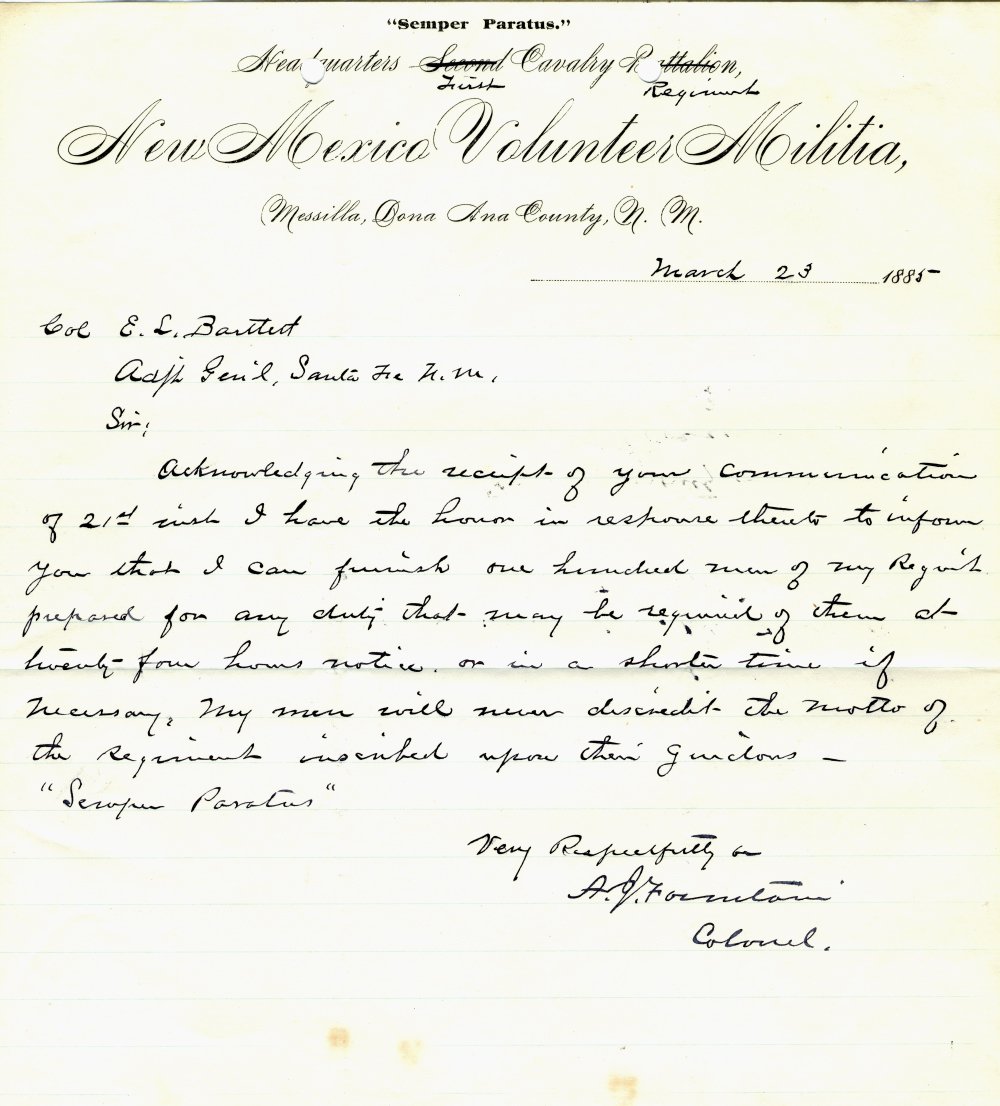Intimate Acquisitions:
A Digital History of U.S. Bounty Lands
Rodríguez leads an interdisciplinary project “Intimate Acquisitions: A Digital History of U.S. Bounty Lands.” This digital humanities project consolidates myriad archival materials on U.S. bounty lands from the 18th century forward into an open-access, public-facing website in an effort to make visible the mechanics of U.S. settler colonialism. The granting of land as “bounty land” by colonial powers, the U.S. federal government, and individual states substantially redrew the map of what would become the United States. Bounty lands were granted by an often cash-poor nation as an incentive to serve in the military and as a reward for service. Estimates suggest that over three centuries, between sixty and seventy million acres of bounty land were issued to more than 550,000 veterans of conflict, their widows, and their minor heirs.
While some scholars—markedly historians of U.S. military and U.S. “public lands”—have used these land records, a sustained, comprehensive study that focuses specifically on bounty land, analyzing this process of violent settlement has yet to be completed. Indeed, the scholarly framing of such property as “public land” or “public domain” land has worked to erase colonial violence.
Bounty lands have been utilized as separate items in discrete archives rather than approached as a field. Collections of military pension records and deeds have informed other fields of study, such as: Borderlands Studies, Land Grant Studies, Military History, Native Studies, and U.S. History. Significantly, bounty land records have been used most extensively in genealogical research. One of the key interventions of this digital and public humanities project is to be attentive to the gap between genealogists and the general public—who have long utilized these records—and those who can augment the methods and sources genealogists have mastered with scholarly analysis.
The millions of acres of bounty land issued to veterans of conflict, their widows, their minor heirs, and often exploited by land speculators stretch across the majority of U.S. states have not received sustained and comprehensive study. Despite the ubiquity of this process in the formation and settlement of the nation, as a coherent land-exchange process, bounty lands have been notably absent from historical studies of colonization, violent settlement, nation building and expansion. As scholars expand public understanding of enslavement, racial capitalism, and settler colonialism, our project on bounty lands proposes a publicly available, digital consolidation of a dizzyingly vast archive—an archive that makes visible the mechanics of U.S. settler colonialism.
Support Generously Provided By:
the Historical Society of New Mexico, The Newberry Library Seminar in Borderlands and Latino/a Studies, the University of North Carolina’s Southern Futures fund, the University of Texas at Austin’s Center for Mexican American Studies (CMAS) and the departments of History and Mexican American and Latina/o Studies (MALS), and the Humanities Institute at the University of Texas’ two-year inquiry “Digital Futures and Social Justice” where Rodríguez serves as a faculty fellow to further develop digital approaches to the field of bounty lands from 2022-2024.














